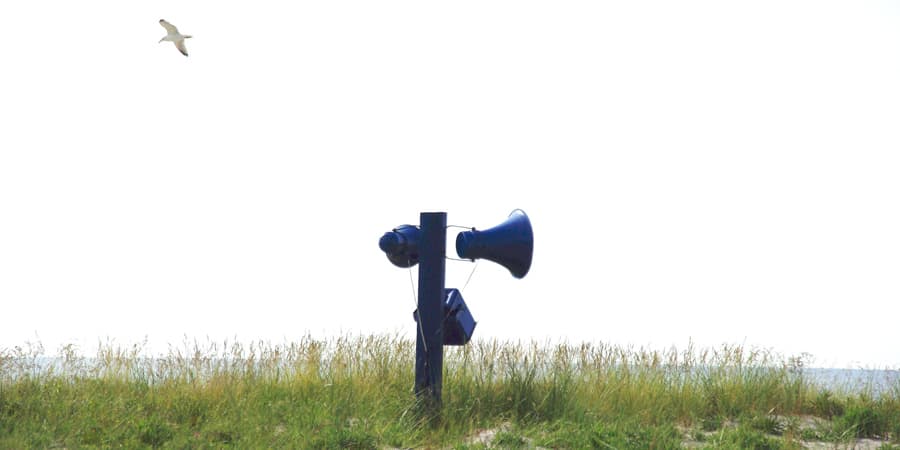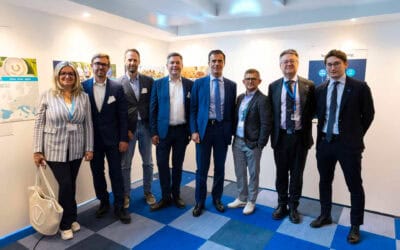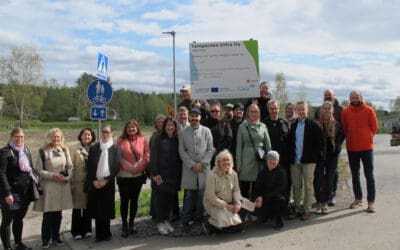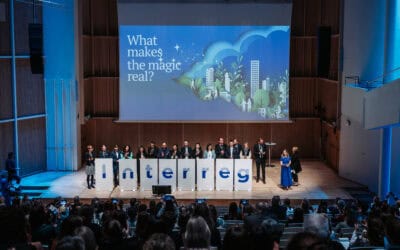Interreg Baltic Sea Region opens two targeted calls to advance ongoing projects through an extension or through merging related projects into a project platform. The calls are open until 31 January 2019.

©Stefanie Maack
What funding is offered by Interreg Baltic Sea Region?
Interreg Baltic Sea Region aims at stimulating transnational cooperation by addressing issues that cannot sufficiently be tackled by single countries and require a joint response by partners from several countries of the Baltic Sea region. The Programme area covers eight EU Member States (Denmark, Estonia, Finland, parts of Germany, Latvia, Lithuania, Poland, Sweden) and three partner countries (Belarus, Norway and parts of Russia). The funding comes from the European Regional Development Fund (ERDF), the European Neighbourhood Instrument and the financial contributions of the Kingdom of Norway and the Russian Federation. Since 2014, some 100 cooperation projects have been approved to make the Baltic Sea Region more innovative, more sustainable and better accessible. Now, two targeted calls are open to advance ongoing projects with about EUR 11 million available for both. Out of this, EUR 7.5 million is available from the ERDF, EUR 3.6 million from ENI/Russian co-financing and EUR 0.2 million Norwegian co-financing.
Extension stage: Additional funding to better utilise project outcomes
The extension stage is meant to support successful cooperation projects funded by Interreg Baltic Sea Region to capitalise on their results and partnerships. It offers the possibility to receive additional funding for the implementation of specific activities to strengthen the utilisation of the outcomes of the regular projects once they are finished. This call is open for Interreg Baltic Sea Region projects in priorities 1-3 finalising their implementation in February/ May 2019.
Project platforms: Another chance to combine projects for more impact
Project platforms support cooperation among partners of several projects funded by Interreg Baltic Sea Region and other funding programmes in a certain thematic field, e.g. smart specialisation or climate change mitigation. The main aim of project platforms is to increase the impact of Interreg Baltic Sea Region and other EU-funded projects in the area.
How to apply?
The two calls are open from 2 October 2018 until 31 January 2019. Applicants interested in applying are obliged to consult their project idea with the Managing Authority/Joint Secretariat before they get access to the online application system BAMOS. The selection of projects will take place in April 2019.






